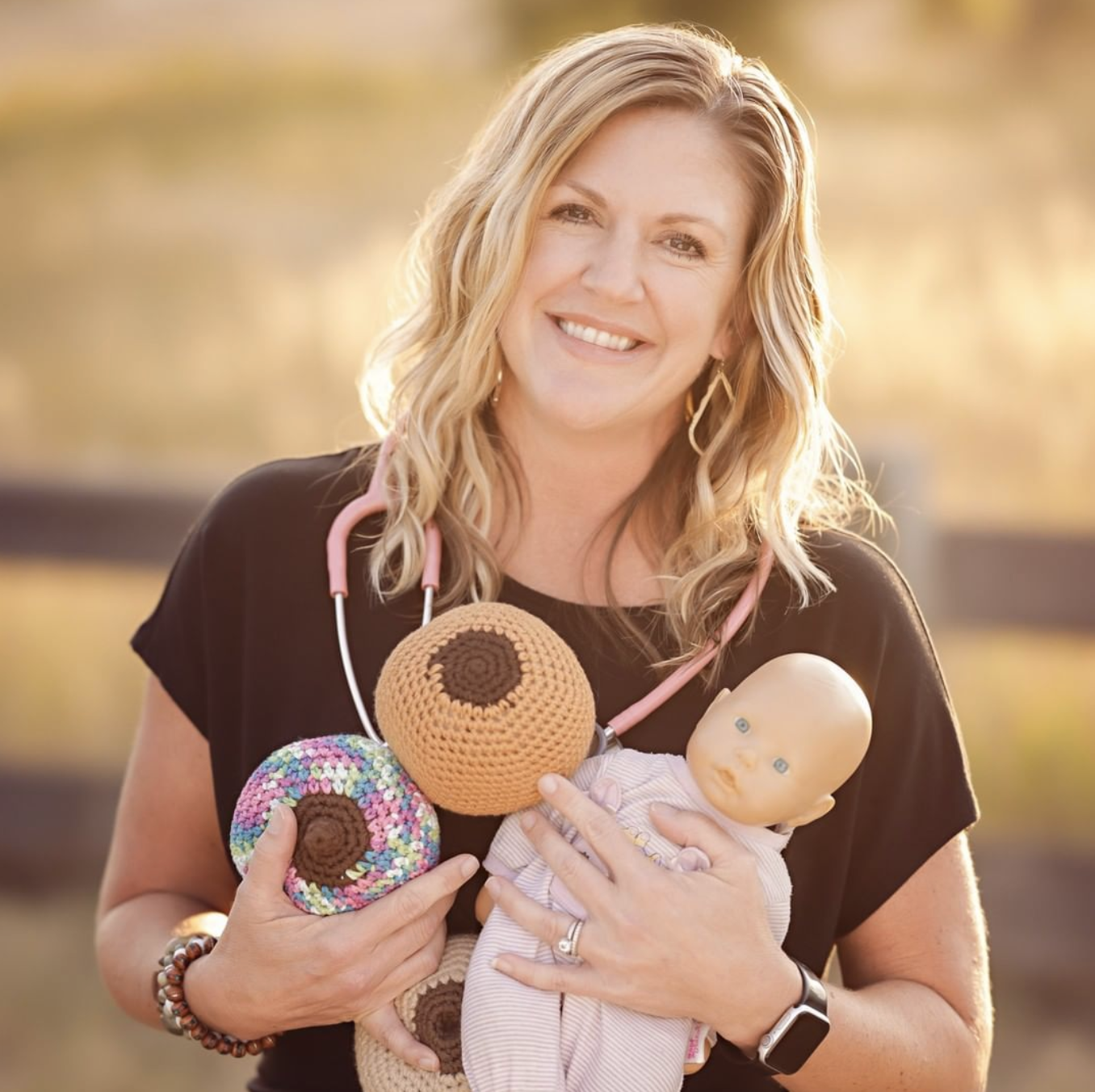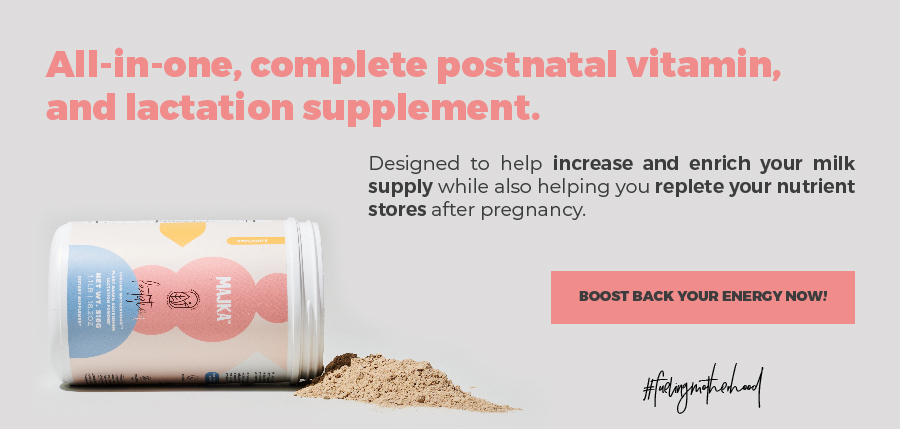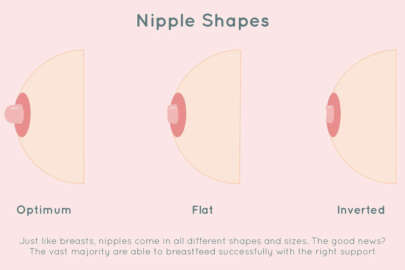
While curiosity is one of the cutest characteristics of a baby, they are known to always be putting things into their mouth, exposing them to different kinds of germs and bacteria that could lead to them feeling unwell. Let’s be honest, the first time when your baby catches a cold or you notice changes in their health it can be a worrying experience that makes you question things like: Is breastfeeding safe when my baby is sick? Should I be nurturing them in a special way? Will breast milk be hard on an upset stomach? Could breastfeeding make some illnesses worse? Luckily, we’re here to provide you with some useful answers when your baby is dealing with any type of sickness.
Reasons to breastfeed
Breastfeeding your baby, no matter their health status, is always the best choice. Even though your milk won’t prevent your baby from ever getting sick, it is the best way to nourish your child, as it is easily digested by your baby’s stomach, and it’s the main source of antibodies and other defense properties to protect their immune system.
Some benefits of constantly breastfeeding a sick baby are:
- Comfort: Breastfeeding is a strong psychological tool to bond with your baby, bringing them closer to you when they need it the most.
- Hydration: Your baby’s health could benefit from a higher liquid intake to fight their illness. Breast milk should still be considered the only source of hydration for babies under 12 months.
- Strengthening their immune system: Maternal milk gives a baby the most antibodies they need to fight different pathogens, making the length of the illness shorter—allowing them to recover faster.
- Nutrient absorption: The process of nutrient absorption for breast milk takes about half the time compared to formula. Even when your baby vomits or has diarrhea, you can be certain that they are getting enough nutrition to recover.
Pattern changes
The breastfeeding patterns you are starting to get used to are likely to change when your baby is feeling sick. Depending on your child’s personality and the kind of discomfort they’re dealing with, you may notice changes in their breastfeeding beahvior. They may breastfeed more or less than you are used too.
If you notice that your baby is not as hungry as usual, continue to offer the breast/chest or a bottle to make sure they get the nutrition they need. In case your baby is not breastfeeding as much as you would expect, use a pump to keep a healthy milk production for the moment they feel hungry again.
When to call the doctor
Your pediatrician is the best source of help and can provide the clairty you need on what is going on with your child. You should consider getting in touch with your pediatrician if:
- Fever appears: This could indicate an infection and your baby may need an antibiotic if the doctor indicates so. With temperatures above 99º F in babies under 12 weeks, always call the pediatrician.
- Constant vomiting: If suddenly your baby is not able to hold most feedings, something is probably not right. If your baby is a newborn – under 12 weeks – and vomit comes with diarrhea or if it happens more than 3 times (both in newborns and older babies) call the doctor or consult a healthcare professional right away.
- Diarrhea lasts for days: A baby’s stool tends to be soft and loose, but you can differentiate it from diarrhea if you notice their stool is more liquid than normal, or you see yourself changing diapers way more often than usual. Contact a professional when it comes to a newborn or if symptoms last for more than 2 days in a row on older babies. In order to lower the risk of dehydration continue to offer the breast or bottle.
- Baby is not wetting their diaper: This could be a sign that your baby is not as hydrated as they should be. Some other signs that could indicate a lack of liquids are dry lips, crying with no tears, sunken eyes, or dark urine. Call your pediatrician immediately if you see these signs of dehydration.
- Breastfeeding changes: A good latch and regular breastfeeding patterns are key to tracking your baby’s health. If your baby is not latching normally to your breast or they refuse to eat notify the pediatrician. Nursing strikes can happen for multiple reasons, but poor feeding can be an early sign of something more serious. Keep trying to feed your baby at any given chance to avoid dehydration and to protect your supply.
Quick tips
To finish, we’re going to share with you some insights on breastfeeding when a baby is sick:
- If your baby has a stuffy nose, try breastfeeding with a humidifier in the room to help clear the congestion.
- Try different breastfeeding positions with your baby upright.
- Saline nose drops for kids can be used to help clear your baby’s nostrils.
It is not recommended to give your baby any over-the-counter medication without consulting your doctor first.
Don’t forget to follow Breastfeeding 101, your handful guide to answer all your questions on breastfeeding.
Kristen Howorko






